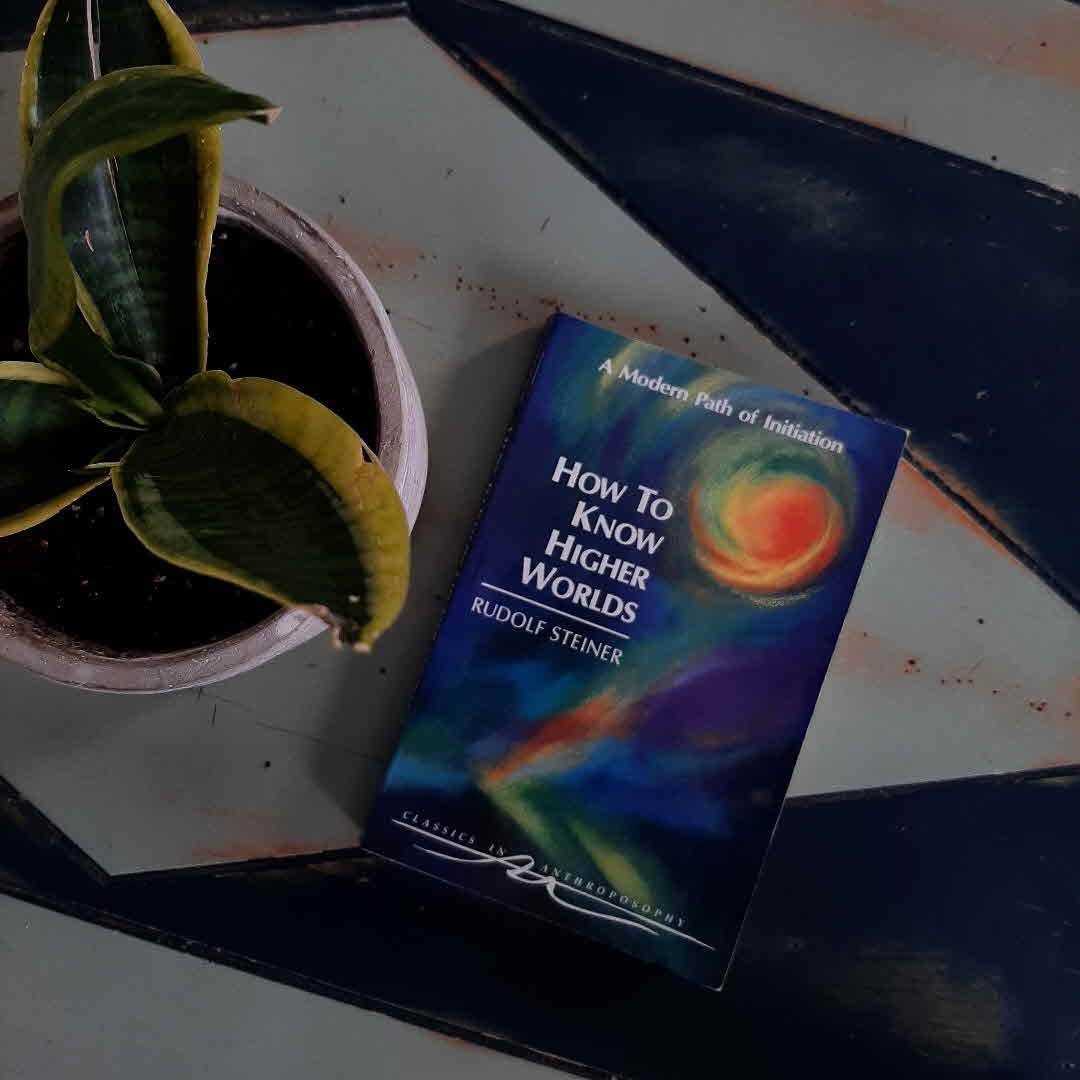How to Know Higher Worlds: A Modern Path of Initiation (Cw 10) | Rudolf Steiner
This is the classic account of the modern Western esoteric path of initiation made public by Steiner in 1904. He begins with the premise that the capacities by which we can gain insights into the higher worlds lie dormant within each one of us. Steiner carefully and precisely leads the reader from the cultivation of the fundamental soul attitudes of reverence and inner tranquility to the development of inner life through the stages of preparation, illumination, and initiation. Steiner provides practical exercises of inner and outer observation and moral development. By patiently and persistently following his guidelines, new organs of soul and spirit begin to form, which reveal the contours of the higher worlds thus far concealed from us. Steiner in this important work becomes a teacher, a counselor, and a friend whose advice is practical, clear, and effective. The challenges we face in life require increasingly deeper levels of understanding, and Steiner s text helps readers to cultivate the capacities for such insights and places them at the service of humanity. This is Steiner s most essential guide to the modern path of initiation he advocated throughout his life. It has been translated into many languages and has inspired hundreds of thousands of readers around the world. "How to Know Higher Worlds" has been admired by some of the most brilliant minds of our time. Contents: Foreword by Arthur Zajonc Prefaces by Rudolf Steiner How to Know Higher Worlds The Stages of Initiation Initiation Practical Considerations Requirements for Esoteric Training Some Effects of Initiation Changes in the Dream Life of the Esoteric Student Achieving Continuity of Consciousness The Splitting of the Personality in Esoteric Training The Guardian of the Threshold Life and Death: The Great Guardian of the Threshold Epilogue (1918) Afterword by Arthur Zajonc Index A true classic of spiritual literature. It is one of the best ways I know for opening up one s life to the spiritual realms in a manner that is balanced, integrated, and loving. It is the product of a great soul who pointed out new routes into the interior. David Spangler, author of "Blessing: The Art and the Practice" It is not only a personal guide to the spirit, but also a path through self-knowledge to compassionate action in the world. Arthur Zajonc, author of "Catching the Light: The Entwined History of Light and Mind""
